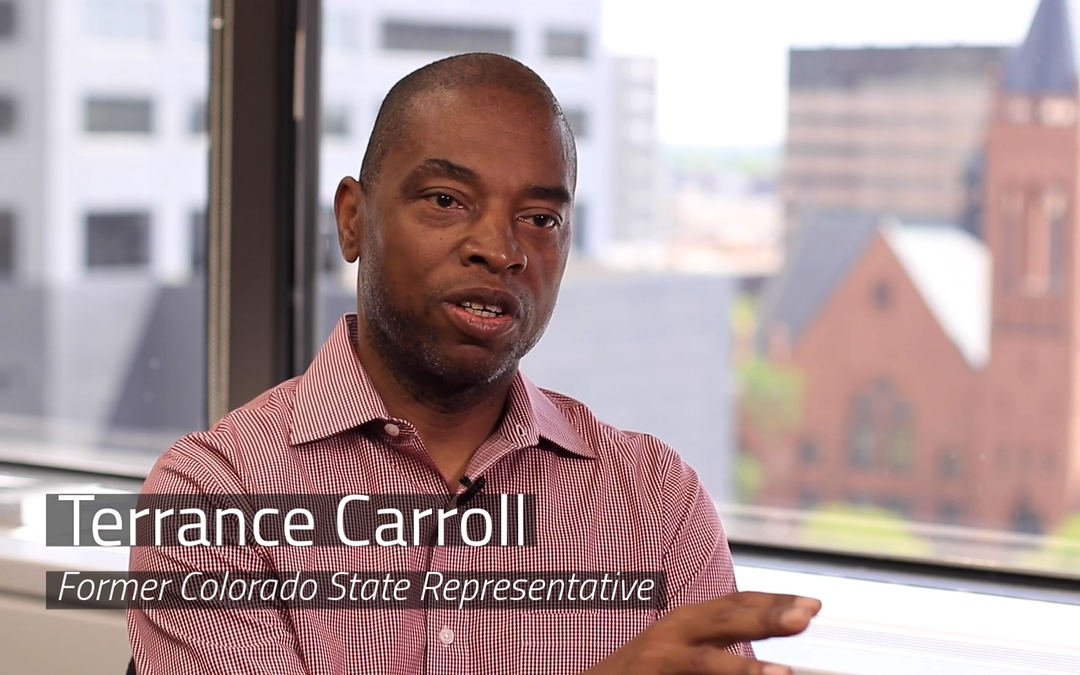What is this thing called “Model Authorizing”?
Last year, I wrote a blog post describing what charter school authorizing is. It is such a foreign concept to so many in the public education sector, and can be for those in the charter sector. (Don’t worry—we’re working to change that!)
For those that are a part of the CSI portfolio, you know that I frequently reference CSI’s role as a model authorizer in the state and nation.
But what does that phrase mean and where did it come from?
Legislation called CSI serve as a model authorizer in Colorado…
Let’s start with where the phrase came from.
In establishing CSI in statute back in 2004, it was the intent of the legislature to create a charter authorizer that could “provide an alternative mode of authorizing charter schools as a means to assist school districts in utilizing best practices for chartering schools…” (C.R.S. 22-30.5-501) The video clip below talks a bit more about CSI’s charge to be a model authorizer.
…and it means what?
Being a model authorizer means being a role model for the charter authorizing community. We seek to fulfill this call through a variety of avenues:
-
We are committed to building our team’s expertise.
As an organization, we are committed to the professional development of our staff. Each staff member creates an individual personal development goal and can access funds to support their advancement in the identified areas.
Two CSI staff members participated in the National Association of Charter School Authorizers (NACSA) Leaders program, a yearlong program focused on advancing the work of authorizing and developing leadership skills, in the last few years. Another two staff members participated the University of Northern Colorado’s programming to earn their Special Education Director license.
These are just two examples, but highlight the belief we have as an organization to continually develop our team.
-
We continually evaluate our work and seek feedback to advance practice.
Our organization has organizational goals, department goals, and individual personal and professional development goals. We create them annually and regularly monitor progress towards them throughout the course of the year.
We host a variety of events and trainings to our portfolio of schools, and we constantly request feedback so we can continually improve upon our work.
We also seek and welcome feedback from outside of our portfolio and staff. Last year, we engaged in technical assistance from the National Association of Charter School Authorizers (NACSA) in reviewing and providing recommendations related to our policies and practices on school closure. Prior to that, we worked with NACSA to evaluate our authorizing practice across a variety of areas. We took their recommendations and improved upon our practice.
-
We seek opportunities to share our knowledge and experiences with others.
We believe that a model authorizer cannot just serve as an expert and constantly improve its own work, but it must also share its insights and takeaways to positively impact the work of others.
To this end, CSI’s partnership authorization initiative promotes collaboration with school districts in advancing charter authorizing best practices. Through this initiative, CSI offers a range of services from conducting an annual review of charter school performance to facilitation of charter application reviews.
As a way to engage a broader group of authorizers across the state, several charter liaisons across multiple districts and CSI worked to establish the Colorado Association of Charter School Authorizers (CACSA).
I hope this gives some additional insight into our role as a model authorizer and how we seek to accomplish it.

